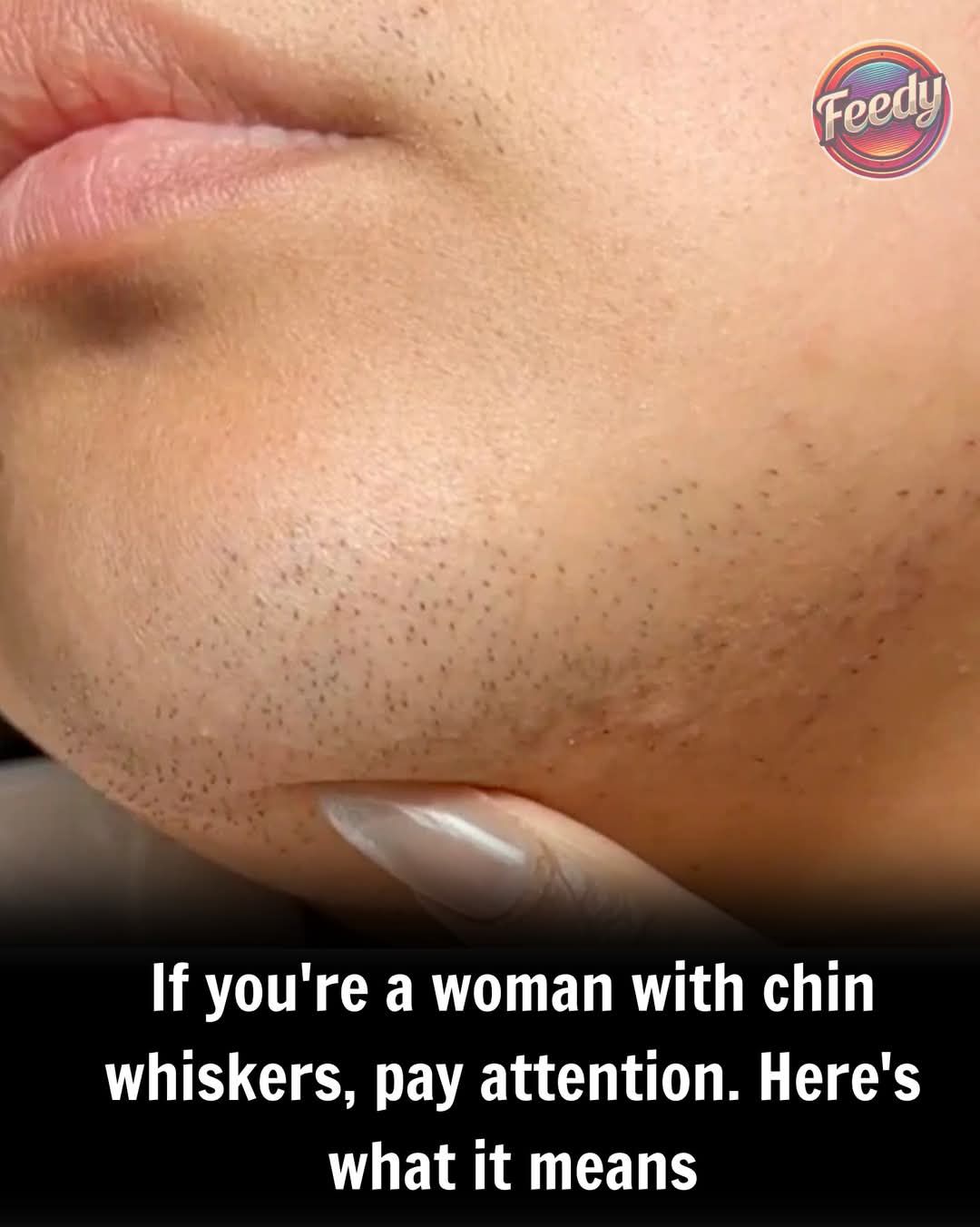It can be surprising—and sometimes frustrating—for women to find coarse, dark hairs sprouting from their chin. Known as “chin whiskers,” these hairs are more common than you think and often harmless. However, they can also signal underlying hormonal shifts or health conditions. Let’s break it down.
What Causes Chin Whiskers in Women?
- Hormonal Changes
The most common reason is fluctuating hormone levels—especially an increase in androgens (male hormones). This can happen during:
- Menopause
- Pregnancy
- PCOS (Polycystic Ovary Syndrome)
- Genetics
If your mother or grandmother experienced chin hair, you may inherit the same trait. Some ethnic groups are also more predisposed to facial hair growth. - Age
As women age, especially after 40, estrogen levels decline. With lower estrogen and a relative increase in testosterone, facial hair may become more noticeable. - Medical Conditions
- PCOS is the top medical reason—often accompanied by irregular periods, acne, and weight gain.
- Adrenal gland disorders or thyroid imbalances can also play a role.
- In rare cases, tumors affecting hormone production might be involved.
Psychological and Social Impact
Though chin whiskers are typically harmless, they can affect a woman’s self-esteem and body image. For some, it may feel embarrassing or lead to obsessive grooming habits. You’re not alone—and there are safe and effective ways to manage the issue.
Effective Ways to Manage Chin Whiskers
- Plucking or Tweezing
A quick and cheap fix for a few stray hairs. Make sure to sterilize your tools to prevent infections. - Waxing or Threading
Good for short-term results. Best done professionally to avoid skin irritation. - Laser Hair Removal
Targets the hair follicle for long-lasting results. It’s more expensive but ideal for persistent or excessive growth. - Prescription Treatments
Medications like spironolactone or topical eflornithine cream can slow hair growth by regulating hormones. - Electrolysis
A more permanent solution that uses electric current to destroy hair follicles. - Diet & Lifestyle Changes
For women with PCOS, weight management and a balanced diet can help regulate hormone levels naturally.
